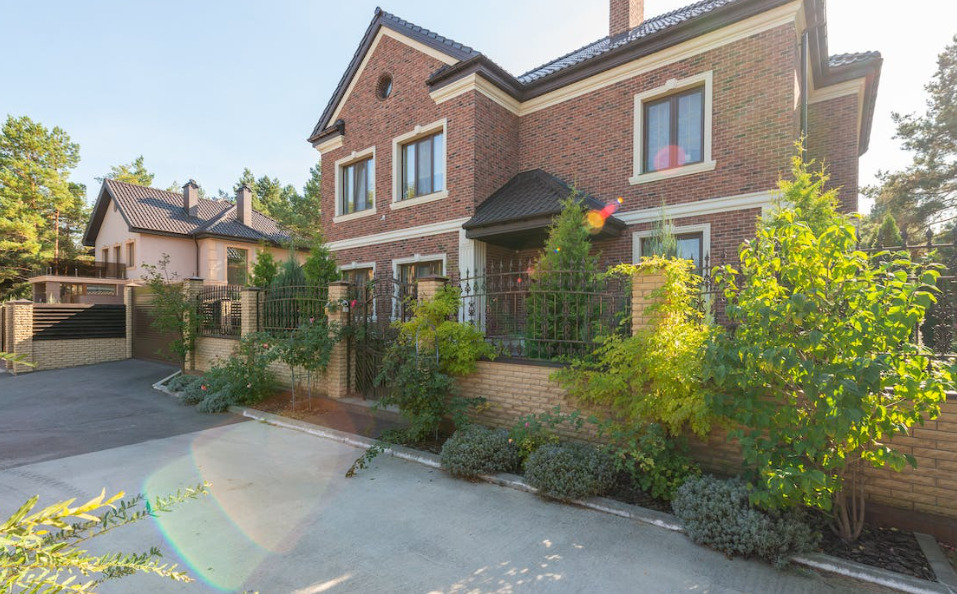When it comes to buying or selling a property, one of the most critical steps is determining its value. Home valuations may seem like a mystical process shrouded in industry jargon, but they are, in fact, calculated based on specific, tangible factors. This article aims to demystify the world of home valuations and highlight the factors that really matter.
Table of Contents
What Is a Home Valuation?
A home valuation is an estimate of a property’s market value. It is based on a wide array of factors, from the location and condition of the property to recent sales data in the area. Professional valuers use this information to provide an impartial and independent estimate of a property’s worth.
Location, Location, Location
- Proximity to Amenities: Properties closer to schools, shops, and public transport typically have a higher value.
- Neighbourhood Demographics: Areas with lower crime rates and more owner-occupied homes often command higher prices.
- Economic Indicators: Employment opportunities and local economic conditions significantly impact property values.
Sold Leeds is an example of how a location can drastically impact home values. This vibrant city in West Yorkshire has a diverse property market, influenced significantly by its varied neighbourhoods and economic centres.
Property Characteristics
- Size and Layout: Larger properties, in general, are worth more. The layout also plays a role; open, flowing designs are generally preferred.
- Age and Condition: Newer properties or those in excellent condition usually fetch a higher price.
- Unique Features: Special attributes, such as a large garden or a recent renovation, can increase a property’s value.
Market Conditions
The state of the property market at the time of your valuation is crucial. A seller’s market, where demand exceeds supply, often results in higher property values, while a buyer’s market can lead to lower valuations.
- Interest Rates: Higher interest rates often lead to lower property values as fewer people can afford to buy.
- Economic Climate: In a booming economy, people are more likely to invest in property, pushing values up.
- Comparable Sales (Comps): Valuers look at recent sales of similar properties in the local area to gauge the potential selling price of a property.
Professional Valuation vs. DIY
While there are plenty of online tools that can give you an estimated property value, nothing beats the accuracy of a professional valuation.
- Expertise: A certified valuer has the training and experience to provide an accurate and reliable valuation.
- Objectivity: A professional can provide an unbiased assessment free from emotional attachment.
- Recognition: Financial institutions are more likely to accept a professional valuation when considering a mortgage application.
Timing Matters
The timing of your valuation can also affect the result. Seasonal fluctuations can impact property values, with homes often being valued higher in spring and summer when gardens are at their best and daylight hours are longer.
Preparing for a Valuation
To get the most accurate valuation, homeowners can take certain steps:
Deep clean the property and make necessary repairs.
Enhance curb appeal with garden maintenance and fresh paint where necessary.
Compile a list of recent updates or renovations to show the valuer.
Conclusion: Knowledge Is Power
Demystifying home valuations is about understanding the many tangible factors that go into this seemingly complex calculation. By having a solid grasp of these components, property owners and buyers alike can better navigate the real estate market and make more informed decisions.
From the fundamental importance of location, as exemplified by the varied market in Sold Leeds, to the condition and unique characteristics of a property and even the timing of a valuation—each of these elements plays a vital role in determining a property’s worth.





